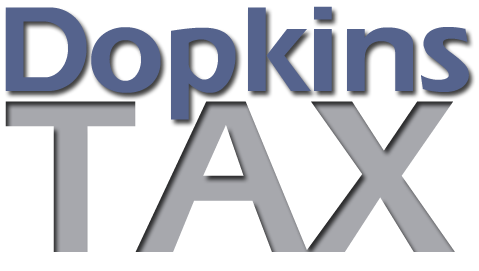TARS Update: IRS Amends Filing Requirements
April 9, 2015 | Authored by Dopkins Tax Advisory Group

Background
In 2013 we blogged that the IRS issued long-awaited and wide-ranging final regulations concerning the proper method of accounting for the acquisition, maintenance, and improvement of tangible property. In 2014, the IRS issued additional final regulations regarding dispositions of tangible property.
The new regulations will require many taxpayers to change their accounting treatment for particular items of tangible property. However, to do so, taxpayers must first obtain IRS consent, which in turn ordinarily requires that they file Form 3115 and account for the items’ treatment in prior years. The requirement is designed to ensure that all income is accounted for and no deductions are duplicated.
After it had originally released the tangible property regulations, the IRS received numerous comments about the additional administrative burdens that they would place on small business owners.
New Guidance
The new rule provides that a qualifying “small business” may make changes to its method of accounting for amounts paid or incurred, and dispositions of tangible property in tax years beginning on or after January 1, 2014 on a “cutoff” basis — that is, without accounting for their treatment in prior years. In addition, for its first taxable year that begins on or after January 1, 2014, a qualifying small business may make the necessary accounting changes without filing Form 3115.
For purposes of the new rules, a “small business” has either (a) total assets of less than $10 million or (b) average annual gross receipts of $10 million or less for the prior three tax years. Moreover, these ‘small business’ rules also apply to taxpayers with qualifying Schedule C businesses or Schedule E rental properties reported on their individual returns.
Treatment of the tangible items on a “cutoff” basis will not provide audit protection for prior years and will preclude a taxpayer from recognizing the benefit of favorable adjustments from prior years. Small businesses may, however, choose to file Form 3115 to retain a clear record of a change in method of accounting and to report favorable adjustments from prior years as current deductions.
About the Author
Dopkins Tax Advisory Group
Our tax professionals include specialists who are proactive, strategic thinkers who work to maximize your cash flow. In addition to cash flow considerations, we also believe that tax planning is most effective when it is integrated with, and fully supports, your business plan and personal goals. Our approach to tax planning will help you better understand the tax implications of any proposed course of action, and together we can make the right decisions for your business. Contact us via email link below for more information. for more information contact your Dopkins Client Service Coordinator or Gregory Urban at gurban@dopkins.com

